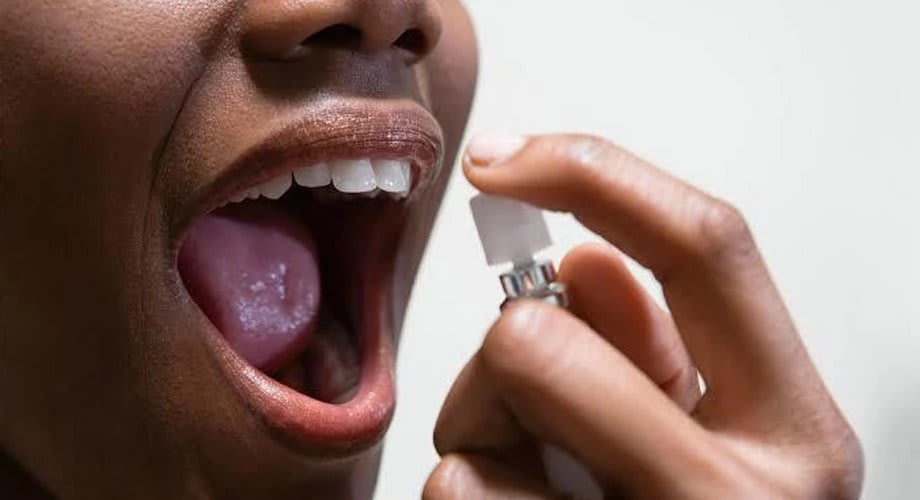Understanding Why We Can’t Smell Our Own Breath
Bad breath, or halitosis, is a common issue that many people experience but rarely talk about openly. It can be embarrassing and uncomfortable, especially when others are affected by it without realizing it. The irony is that the person with bad breath often doesn’t notice it themselves, which makes the situation even more challenging.
One of the main reasons for this lack of awareness is something called “olfactory fatigue.” This phenomenon occurs when the brain becomes desensitized to certain smells due to constant exposure. Since our breath is something we’re constantly exposed to throughout the day, our brains learn to filter it out, much like how we stop noticing the smell of our own perfume after a while.
Tolong support kita ya,
Cukup klik ini aja: https://indonesiacrowd.com/support-bonus/
This adaptation is actually a useful function of the brain. By ignoring familiar scents, it allows us to focus on new and potentially important smells in our environment. However, this also means that we miss out on detecting our own mouth odor, which can lead to social discomfort and embarrassment.
The Science Behind Bad Breath
Bad breath is primarily caused by bacteria in the mouth. These microorganisms break down food particles left in the mouth, producing volatile sulfur compounds that create an unpleasant odor. Even though these smells can be strong, our nose adapts quickly, making it difficult for us to detect them ourselves.
Other factors can contribute to bad breath as well. For instance, dry mouth can increase the likelihood of bad breath because saliva helps wash away food particles and bacteria. When there’s not enough saliva, the bacteria have more time to multiply, leading to a stronger odor.
How to Check for Bad Breath
If you’re concerned about your breath, there are some simple tests you can perform at home. One method involves licking the back of your wrist, letting it dry, and then sniffing the area. Another option is to gently scrape your tongue with a clean spoon and smell the residue. While these methods aren’t foolproof, they can provide a general idea of what your breath might smell like to others.
It’s also helpful to ask someone you trust to give you an honest assessment. Though it may feel awkward, their feedback can be invaluable in helping you identify any issues.
Managing and Preventing Bad Breath
Addressing bad breath doesn’t have to be complicated. Simple habits such as regular brushing, flossing, and staying hydrated can make a significant difference. Brushing your teeth twice a day and flossing daily helps remove food particles and plaque that can lead to bad breath.
Don’t forget to clean your tongue as well. A lot of bacteria reside on the surface of the tongue, so using a tongue scraper or brushing it gently can help reduce odor. Chewing sugar-free gum can also be beneficial, especially if you tend to have a dry mouth. It stimulates saliva production, which helps keep your mouth clean and fresh.
If someone points out your breath, try not to take it personally. Their intention is likely to be helpful, and it’s an opportunity to improve your oral hygiene. Taking small, consistent steps can make a big difference over time.
Final Thoughts
Understanding why we can’t smell our own breath is an important step in addressing the issue. By being aware of the science behind it, we can approach the topic with more empathy and less shame. Whether through self-checks, good oral hygiene practices, or honest conversations, there are ways to manage and prevent bad breath effectively. With a little effort and awareness, it’s possible to maintain fresh breath and feel more confident in social interactions.







